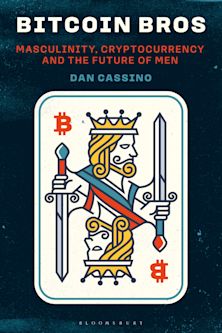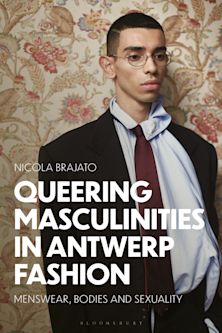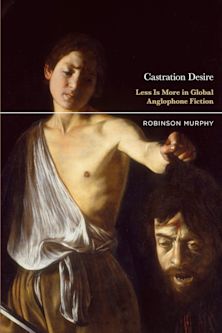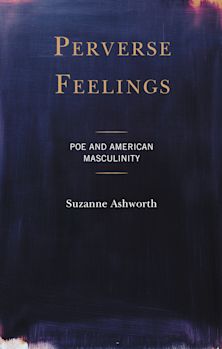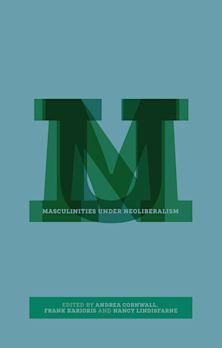PTSD and Folk Therapy
Everyday Practices of American Masculinity in the Combat Zone
PTSD and Folk Therapy
Everyday Practices of American Masculinity in the Combat Zone
This product is usually dispatched within 1 week
- Delivery and returns info
-
Free US delivery on orders $35 or over
Description
Using war memoirs, war journalism, and the personal experiences of John Paul Wallis as a Marine with two tours of duty in Iraq, Wallis and Mechling analyze the folklore shared by male warriors in the combat zone to understand how the traditional everyday practices of these men in groups serve as a form of psychological first aid for relieving the symptoms associated with the stress of living, working, and fighting in the combat zone. The authors study how boys and men are socialized in American culture, the context for their examining the folk traditions, including pet-keeping, rough-and-tumble play fighting, video game play, masturbation, dark play, and deep play.
Table of Contents
Part I: Cultural Contexts, Trauma, and Therapy
Chapter One: The Socialization of American Boys
Chapter Two: Male Vernacular Culture as Therapy in the Combat Zone
Part II: Folklore Genres
Chapter Three: Animal Companions
Chapter Four: Rough-and-Tumble Playfighting
Chapter Five: Playing Video Games
Chapter Six: The Jack Shack
Chapter Seven: Dark Play and Deep Play
Conclusion
Product details
| Published | Sep 06 2019 |
|---|---|
| Format | Hardback |
| Edition | 1st |
| Extent | 182 |
| ISBN | 9781793603890 |
| Imprint | Lexington Books |
| Illustrations | 8 b/w photos; |
| Dimensions | 9 x 6 inches |
| Series | Studies in Folklore and Ethnology: Traditions, Practices, and Identities |
| Publisher | Bloomsbury Publishing |
Reviews

ONLINE RESOURCES
Bloomsbury Collections
This book is available on Bloomsbury Collections where your library has access.












